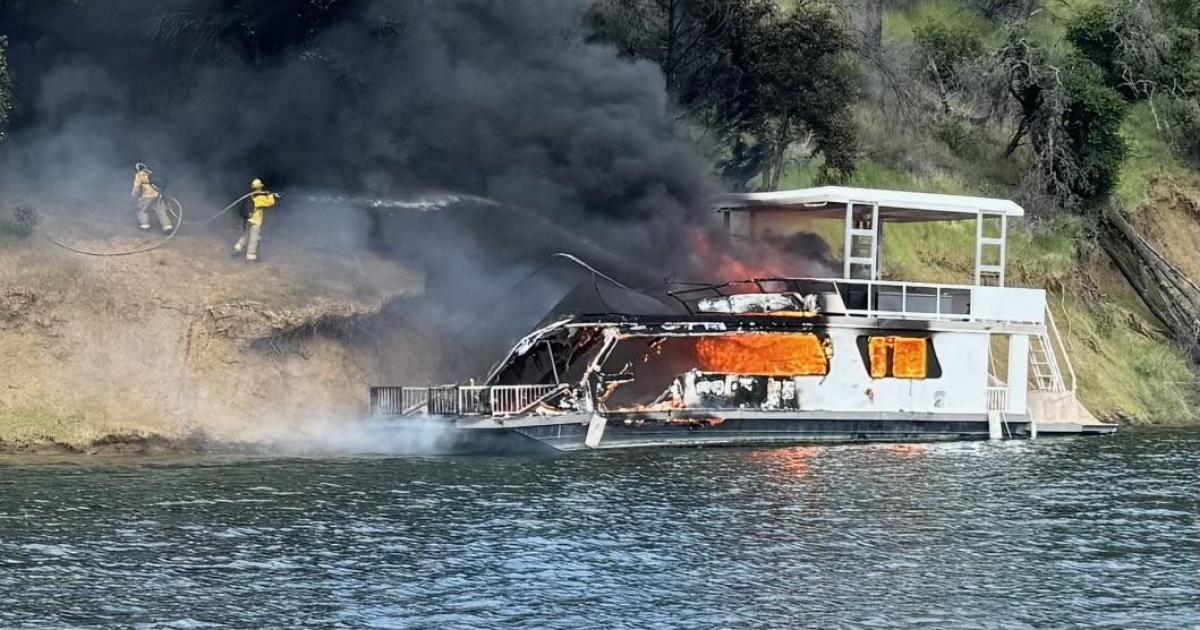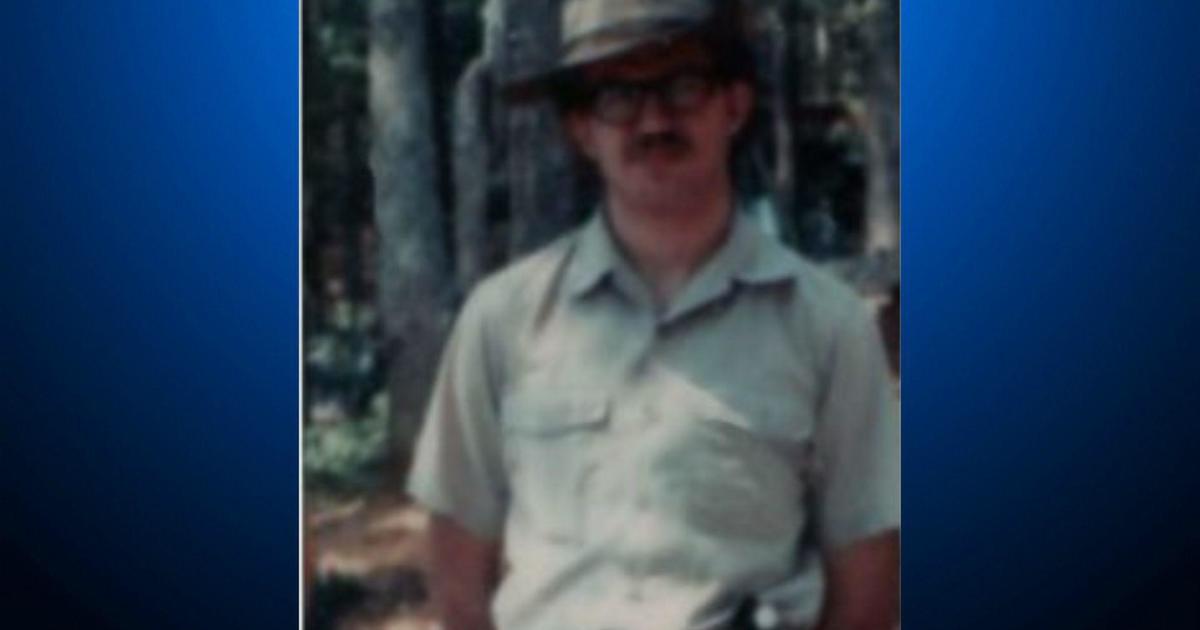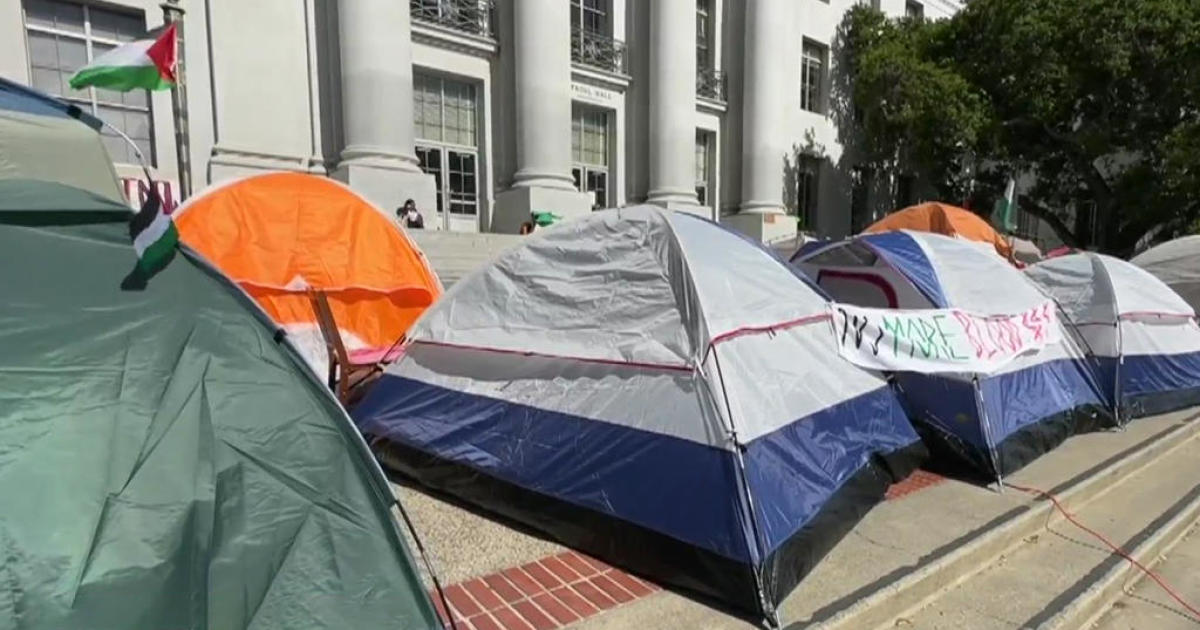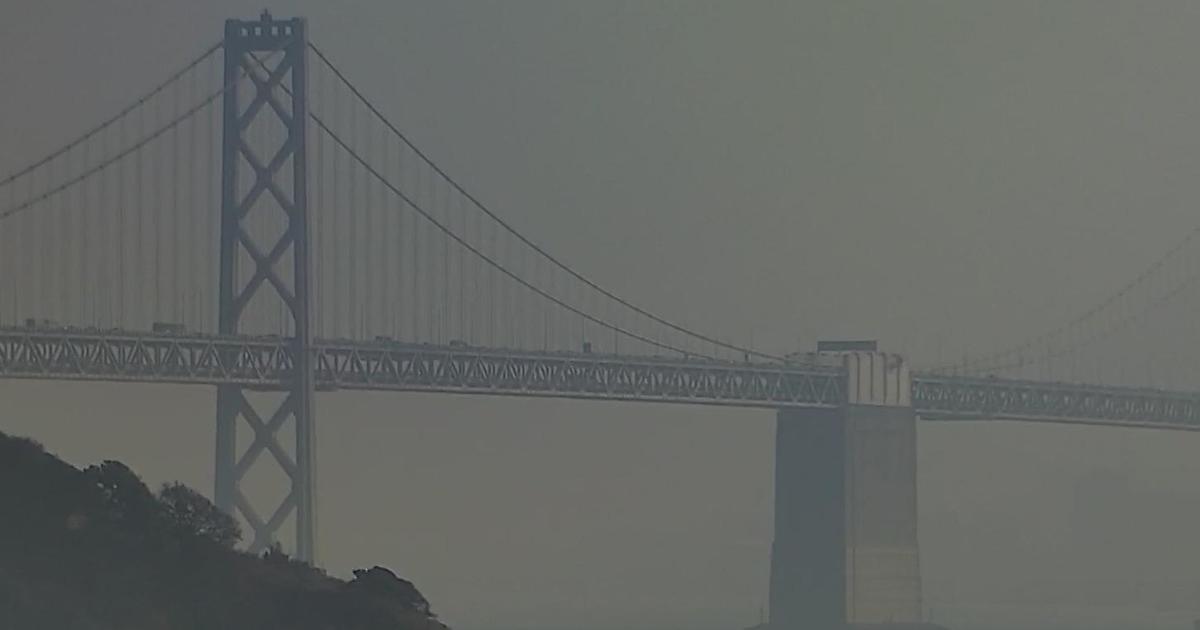'Where is Emmilee Risling?' Missing, murdered Indigenous women cases hampered by 50s-era law
Unseen: A California Crisis, Part 2
It's a largely unseen crisis in California - the growing reports of missing and murdered Indigenous women. A little-known federal law passed in the 1950s may actually be hindering the investigations, leaving loved ones desperate for action and answers.
Alongside the Klamath River, near the side of the road along Highway 169, there's a weather-beaten flyer. On it, the face of an Indigenous woman - 33-year-old Emmilee Risling. She has been missing for more than a year.
Emmilee's heartbroken parents Gary Risling and Judy Risling told CBS News Bay Area their daughter has vanished into thin air and her case is growing cold.
"I think the most heartbreaking thing is that you may never see that person's face again," said Judy Risling. "We want to find Emmilee. It's really simple. We want to know what happened, where she is."
"She had everything going for her in the right direction and then, things started falling apart," said Gary Risling.
What we do know, as a child, Emmilee was a ray of light, full of joy, so much love, so much potential. From an early age, she embraced her native identity. The straight-A student had lots of friends and went to college on a scholarship.
ALSO READ: 'Our children deserve to be found'; The painful legacy of Native American boarding schools
Then her world began to crumble. A boyfriend violently abused her. She began to abuse drugs. Emmilee's parents said after the birth of her second child she developed postpartum psychosis. Emmilee was arrested for igniting a fire in a cemetery and put in jail.
Her parents hoped she would finally be forced into treatment, but a judge ultimately released her. A few days later, Emmilee disappeared. She was last seen on Highway 169 on the Pecwan Bridge is a remote part of the Yurok reservation. Police believe she hitchhiked there.
If a major crime involving Emmilee occurred here or anywhere else on tribal lands in California, the tribe has no jurisdiction to investigate it. So who is in charge when someone is murdered or goes missing on tribal land? The answer to that involves a dark chapter in federal Indian policy known as "Public Law 280."
"It's taken away a tribe's ability - or at least in theory, you know, their sovereignty - to be able to have their own people have their own law enforcement and investigate crimes on the reservations and put that onto the state," said Yurok Tribe Police Chief Greg O'Rourke.
Congress passed Public Law 280 in 1953 without the consent of tribes. It greatly enlarged the power of certain states, including California, to handle major crimes on Indian reservations - but with no additional funding.
There are five states included in this public law. According to a UCLA report, entire federal programs including welfare, health, education, and law enforcement were withdrawn from California tribes. This is a major obstacle to solving problems on the reservations, including missing and murdered Indigenous women.
Humboldt County Sheriff William Honsul says he sees this law as a roadblock to solving cases.
"There's no trust involved," said Honsul. "Oftentimes we can't even get our foot in the door to have an interview."
That said, Emmilee's family is angry. They feel law enforcement has given up. Both the sheriff and local tribes are dealing with a lack of money and manpower in a county the size of Connecticut that's home to 11 tribes.
It's also way off the grid. the Yurok reservation itself is 85 square miles. It's easy to see how Emmilee could just disappear.
All Judy and Gary Risling have left are memories of birthdays, holidays, and her smiling face. Emmilee's son, David, had a question for his grandparents.
"[He said], 'Can you take me, Grandpa, to go down and look for my mom?' There is a lot of people looking for your mom. If we can find her, we will find her. He looks at me and goes, 'Well, what happens if we can't find her?' I said, 'David, we'll just keep looking.'"




